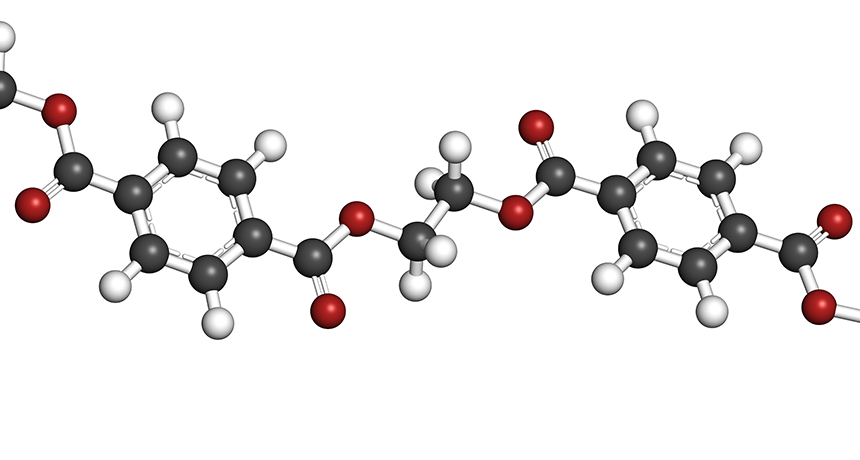Polymers in Building: Stronger, Lighter, and Extra Resilient
Polymers in Building: Stronger, Lighter, and Extra Resilient
Blog Article
Discovering the Varied Applications and Advantages of Polymers in Different Industries
Polymers, with their varied range of homes and performances, have actually ended up being indispensable in various markets, each gaining unique benefits from their application. From boosting safety and security and efficiency in the vehicle field to reinventing medical gadgets in the healthcare industry, polymers play a critical role.
Automotive Market Applications
Polymers play a crucial function in boosting the efficiency and sturdiness of various parts within the auto sector. One famous usage of polymers in the vehicle market is in the manufacturing of light-weight parts.

Healthcare Industry Benefits
In various health care applications, the advantages of making use of polymers are extensively identified for their diverse series of helpful residential properties. Polymers play an important role in the healthcare industry as a result of their convenience, biocompatibility, and cost-effectiveness. Among the key benefits of polymers in healthcare is their capability to be customized to particular needs, such as versatility, toughness, and biodegradability, making them perfect for a variety of medical applications.
Polymer-based products are extensively utilized in clinical tools, such as catheters, implants, prosthetics, and drug distribution systems, as a result of their biocompatibility and ability to imitate all-natural tissues. These products can decrease the threat of sensitive responses or rejections, boosting person safety and end results. Additionally, polymers are lightweight, making them appropriate for wearable clinical tools and ensuring patient comfort.
In addition, polymers make it possible for the growth of innovative therapy techniques, such as hydrogels for cells design and nanocomposites for targeted drug delivery. Their simplicity of handling and sanitation makes them vital for preserving high standards of hygiene in healthcare settings. On the whole, the diverse advantages of polymers add considerably to developments in medical innovation and individual care.
Ecological Benefits of Polymers

Moreover, polymers can add to energy financial savings as a result of their light-weight nature. In industries such as transportation, light-weight polymer materials can aid decrease fuel usage and greenhouse gas discharges. In addition, polymers can allow the development of energy-efficient items such as insulation products that boost power preservation in buildings.
Additionally, polymers play a critical function in decreasing water pollution. The use of polymer-based filtration systems can successfully eliminate pollutants and pollutants from wastewater, protecting water resources and ecosystems. Generally, the environmental advantages of polymers make them useful properties in promoting sustainability and green techniques throughout various industries.
Polymers in Electronic Devices and Innovation
Taking into consideration the boosting demand for innovative and sustainable solutions in modern industries, the assimilation of advanced polymer technologies in the world of electronics and innovation has become a pivotal method for driving efficiency and performance. Polymers have transformed the electronics industry by allowing the production of lighter, extra versatile, and long lasting electronic devices. From smartphones to medical devices, polymers play a critical role in enhancing item layout and functionality.
One substantial benefit of polymers in electronics is their protecting homes, which aid safeguard delicate electronic parts from ecological elements and electrical interference. Additionally, polymers are essential in the advancement of flexible display screens, wearable innovation, and printed electronics, supplying limitless possibilities for creating smart and interconnected tools.
Furthermore, making use of polymers in electronic packaging has actually resulted in improvements in miniaturization discover here and thermal administration, boosting the general performance and reliability of electronic systems. As innovation continues to progress, the versatility and flexibility of polymers will most certainly drive further description advancement in the electronic devices market, shaping the future of modern technology.
Duty of Polymers in Construction and Framework
The assimilation of innovative polymer products in building and construction and infrastructure tasks has actually revolutionized the means frameworks are made and integrated in modern-day times. Polymers use many benefits in the construction sector due to their adaptability, sturdiness, and cost-effectiveness. One key function of polymers in building is their use in layers and sealers, providing defense against ecological factors such as dampness, UV radiation, and deterioration. In addition, polymers are utilized in the production of light-weight and high-strength composite products, improving the structural honesty of structures while reducing total weight.
Furthermore, polymers play an essential duty in lasting building and construction practices by enabling the growth of energy-efficient frameworks. Shielding materials made from polymers aid manage indoor temperature levels, lowering the requirement for home heating and cooling systems and ultimately decreasing energy consumption. Additionally, the usage of polymer-based compounds in facilities jobs such as bridges and roads boosts their durability and decreases upkeep costs. Generally, the unification of polymers in construction and facilities displays their significant effect on contemporary engineering techniques.
Verdict
In conclusion, polymers play a crucial duty in various sectors such as automobile, health care, environmental, electronics, and building. From boosting fuel efficiency in lorries to enhancing clinical tools, polymers supply various benefits.
Report this page